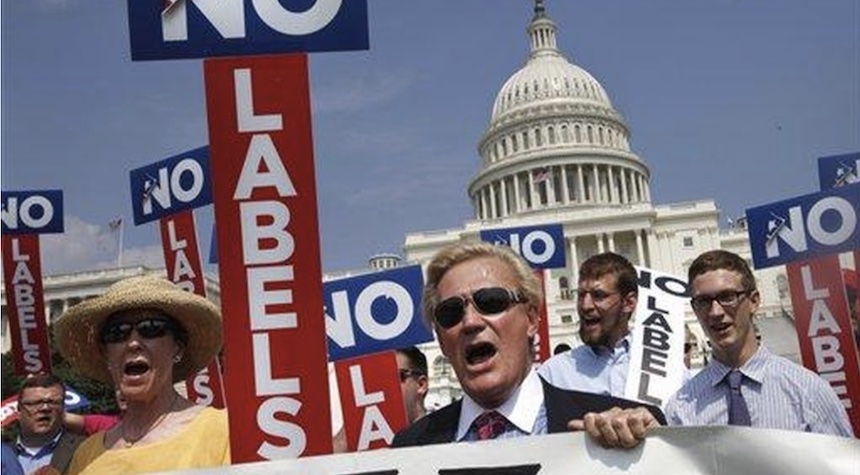In 2016, seventeen candidates vied for the Republican presidential nomination. Donald Trump was not given much of an opportunity in a field that included heavyweights such as Florida Governor Jeb Bush, Florida Senator Marco Rubio, and South Carolina Senator Lindsey Graham.
With a dozen serious candidates, it was clear that Donald Trump would easily win the election if the other candidates did not drop out.
That’s exactly what happened. Trump wasn’t the frontrunner at the start. Trump won the nomination despite the fact that the opposition failed to unite around a viable alternative.
In 2024, the question has always been: Can the anti-Trump movement unite and choose a candidate to challenge the former President in the primaries in order to defeat him? As of right now, the answer to this question is “no.” That is, at least as far as the “Problem Solvers Caucus'” is concerned.
The “No Labels Party” started the 64-member Problem Solvers Caucus, which claims to be seeking “unity” within politics. No Labels has been pushing for a “unity ballot” that would include a Democrat as well as a Republican on the ballots of all 50 states to take on both Trump and Joe Biden.
Some Democrats, however, see a hidden agenda. No Labels Party polls show that their “unity ticket’ would attract more Democrats than the GOP. Politico reported that “No Labels sent text messages to people living in the district where Rep. Brad Schneider, D-Ill., criticizing him for dismissing their idea of a unity presidential ballot and claiming this could lead Donald Trump back to the presidency.”
Schneider — and a number of Democrats — were furious. Schneider told Politico that No Labels’ attacks were the type of divisions the country needed less right now. It was also a betrayal to every moderate in Congress and problem solver. “I helped to form the Problem Solvers Caucus in 2006 to find common ground and reach across the aisle, not to abandon principles. “I am just as committed as ever to principles that reflect my district’s values and priorities, and to working across the aisle to benefit our country.”
Rep. Abigail Spanberger, D-Va., criticized No Labels’ “unity ticket”, which they claimed would only make a Trump win more likely. “Now, they have decided to take it a step further by attacking a well-respected and hardworking bipartisan Problem Solvers Caucus member for calling out their bogus plans.”
Problem Solvers Caucus may have renounced partisan politics but the fact that they are in Congress makes neutrality impossible. The No Labels Party’s goal was to shift the dynamic from left to right and elect moderates into federal offices.
This internal spat among anti-Trump forces shows that the opposition to the former President is as divided as it was back in 2020. Trump, who had already begun to distance himself from DeSantis, and the other candidates, may now be able to pivot towards the general election against Biden earlier than initially thought.


